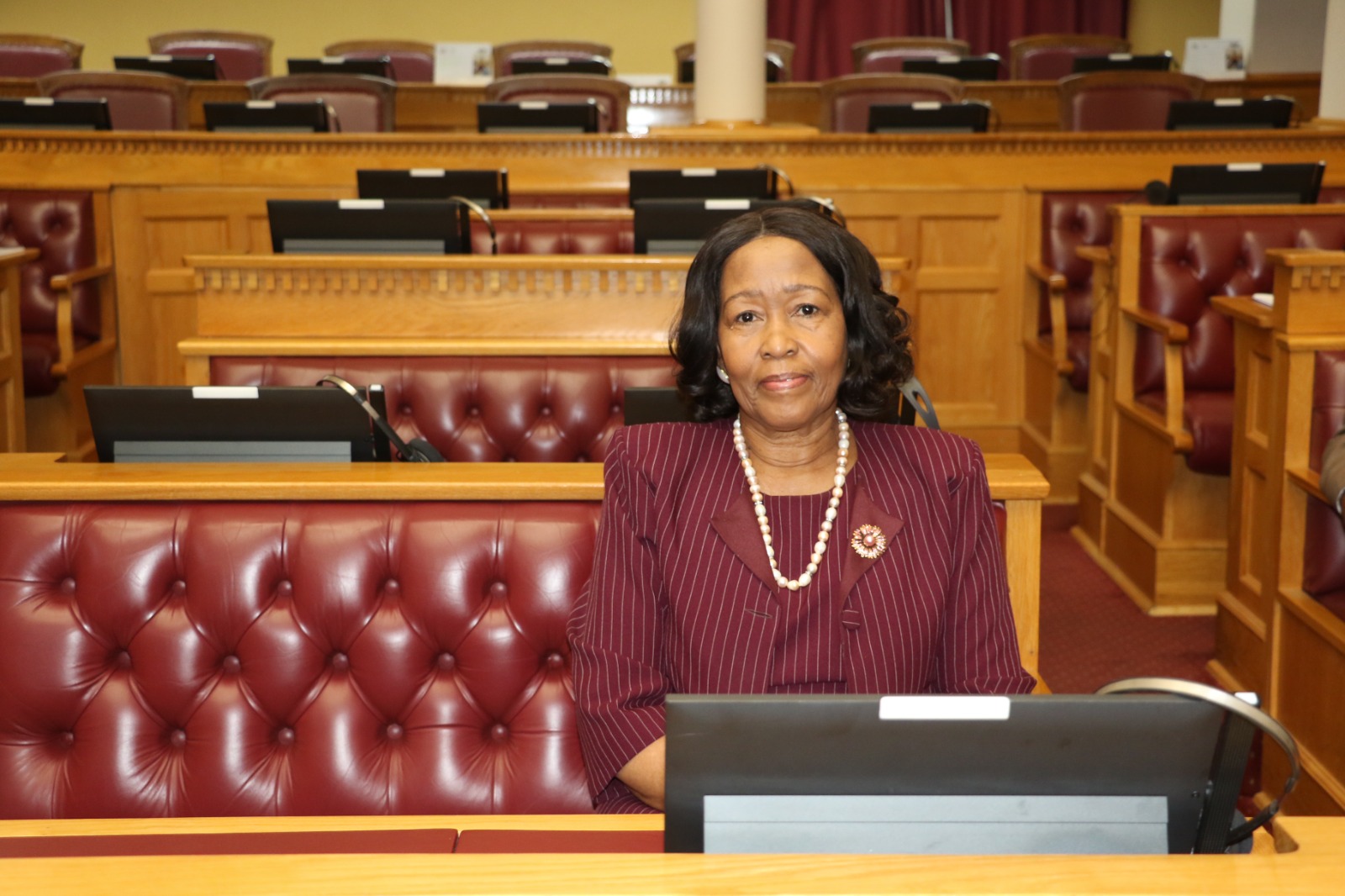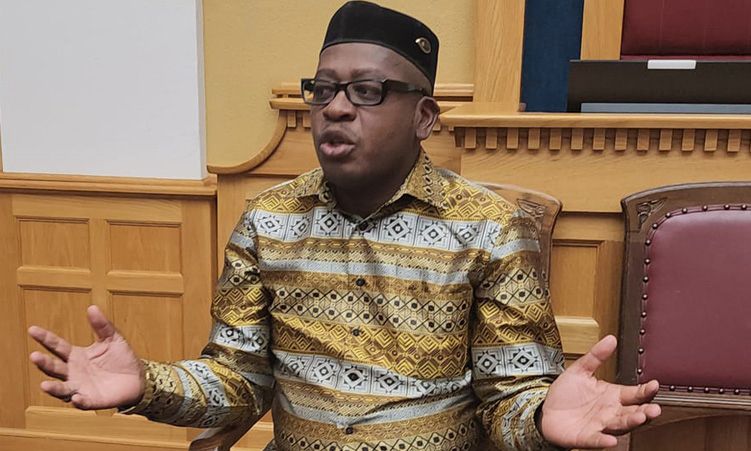HARARE – President Robert Mugabe’s government said it would honour ownership rights to land bought on the property market, backtracking on previous announcements it would nationalise all farmland, a state newspaper reported yesterday.
Citing a letter by foreign ministry official, Joe Bimha, to Zimbabwe embassies abroad, the Sunday Mail reported that the government would be nationalising only the land it had seized under its land reform programme. “The correct position is that all land acquired under the current phase of the land reform program now reposes to the state,” Bimha was quoted as saying.The report clarifies a June 8 statement by land reform minister John Nkomo that title deeds to all productive land were being abolished and replaced with 99-year state-issued leases.Nkomo’s statement raised fears of massive new seizures of farms, industrial holdings, private properties and even homes.”In the end, there shall be no such thing as private land,” Nkomo had said.But Bimha said only land seized by the state, including more than 5 000 farms confiscated from former white owners for redistribution to new black farmers, was being nationalised.”With respect to land falling outside this category, the applicable constitutional provisions (of ownership) remain valid,” he was quoted as saying.The often violent land seizures, combined with erratic rains, have crippled the country’s agriculture-based economy and sparked political clashes.Zimbabwe, once a regional breadbasket, now suffers acute shortages of food, hard currency, gasoline and other imports.United Nations crop forecasters predict the country will produce only half its food needs this year.Mugabe argues redistribution is needed to redress British colonial injustices, when much of the best farmland was settled by whites.About 200 000 black families have been allocated land under the government programme, most for small-scale farming.Scores of others have bought commercial farms.Critics of the redistribution programme say much of the best farmland has been allocated to Mugabe’s supporters and is currently underutilised or lying fallow.Production on many other farms has dropped sharply as new owners lack financial resources, seed, fertiliser, fuel and farm machinery.- Nampa-AP”The correct position is that all land acquired under the current phase of the land reform program now reposes to the state,” Bimha was quoted as saying.The report clarifies a June 8 statement by land reform minister John Nkomo that title deeds to all productive land were being abolished and replaced with 99-year state-issued leases.Nkomo’s statement raised fears of massive new seizures of farms, industrial holdings, private properties and even homes.”In the end, there shall be no such thing as private land,” Nkomo had said.But Bimha said only land seized by the state, including more than 5 000 farms confiscated from former white owners for redistribution to new black farmers, was being nationalised.”With respect to land falling outside this category, the applicable constitutional provisions (of ownership) remain valid,” he was quoted as saying.The often violent land seizures, combined with erratic rains, have crippled the country’s agriculture-based economy and sparked political clashes.Zimbabwe, once a regional breadbasket, now suffers acute shortages of food, hard currency, gasoline and other imports.United Nations crop forecasters predict the country will produce only half its food needs this year.Mugabe argues redistribution is needed to redress British colonial injustices, when much of the best farmland was settled by whites.About 200 000 black families have been allocated land under the government programme, most for small-scale farming.Scores of others have bought commercial farms.Critics of the redistribution programme say much of the best farmland has been allocated to Mugabe’s supporters and is currently underutilised or lying fallow.Production on many other farms has dropped sharply as new owners lack financial resources, seed, fertiliser, fuel and farm machinery.- Nampa-AP
Stay informed with The Namibian – your source for credible journalism. Get in-depth reporting and opinions for
only N$85 a month. Invest in journalism, invest in democracy –
Subscribe Now!










